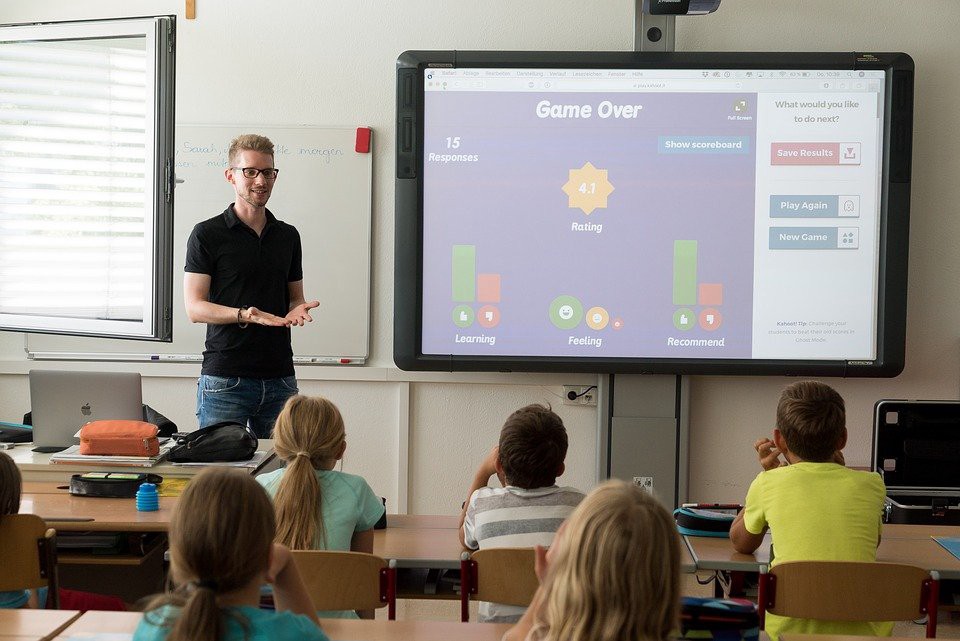A career can be defined as a series of occupations, positions, and employments that individuals hold over their professional lives. The educational system’s decisions appear to impact its early performance. In today’s world, formal education serves as a foundation for professional and lifetime learning. Maintaining employment and career advancement consequently go hand in hand with lifelong learning, with employers playing a vital role in professional development (Matulcikova, Hamranova, Hrivikova, 2021).
WHAT ROLE DOES EDUCATION PLAY IN CAREER DEVELOPMENT?
You won’t be able to get a competitive advantage in any field until you continue your study after graduation. That only includes the thoughts “need to hire someone to do my assignment fast” but also “I need to do something in life.” Continuing your education broadens your professional knowledge in your field. Many students can now obtain a post-certificate Master’s online in order to boost their professions. What role does such education play in advancing your career and honing your professional abilities? Here are a few instances of how education affects your professional development.
1. Demonstrate A Strong Work Ethic
Continuing your education along with managing a full-time job will almost definitely complicate your schedule. Hard work and perseverance are required to obtain a degree. However, doing so will demonstrate to your coworkers and managers that you are a hard worker.
Even if you’ve spent your academic year requesting individuals, please do my dissertation for me UK for instance, supervisors and company executives are constantly eager to see proof of education. It’s a fantastic sign if their employees want to learn more and take the initiative to do so that they’ll be able to offer more to the company.
Displaying a strong work ethic and a commitment to your goals gives management confidence in your ability to succeed in your current role. If you’re already in organization, a devoted and attentive attitude sets an example for your coworkers and direct reports.
2. Become Healthier
With more experience comes increased self-assurance. Education increases your self-confidence and independence. Success and confidence are linked, according to Science Daily, eight years ago. Education has an impact on your emotional and physical health in addition to confidence. People with low reading abilities are more likely to be unwell. It’s reasonable to think that learning is mental gymnastics that keeps your brain active.
3. Develop Soft Skills
With more experience comes increased self-assurance. Education increases your self-confidence and independence. Success and confidence are linked, according to Science Daily, eight years ago. Education has an impact on your emotional and physical health in addition to confidence. People with low reading abilities are more likely to be unwell, according to a 2013 Science Daily article. It’s reasonable to think that learning is mental gymnastics that keeps your brain active.
4. Earn A Handsome Income
Higher education increases your chances of landing a high-paying job. Millennials aged 25 to 32 who graduated from college earn $17,000 more per year than those who did not. As a result, the earning potential you might expect is directly proportional to your educational achievements. It works on a basic principle. Employees with a higher level of education are more useful to the organization. Employees who are good and enjoy what they do are also more productive.
5. Better Networking Options
Students from various professional backgrounds can be found at educational institutions. These kids join what we refer to as our “social network.”
These connections can be quite beneficial to you. When your company is confronted with enormous circumstances, this social network comes in helpful. These contacts may also help you advance in your work.
6. Increased Career Opportunities
There is a fine line between understanding your latent and undervaluing yourself. Be genuine in your career goals but do not restrict them and undermine your capabilities (masteressaywriters, 2019). A greater education improves your chances of advancing in your work. A better employment rate is guaranteed with an associate degree than with a diploma. Earning a post-certificate Master’s, on the other hand, ensures a more advanced job than simply graduating. You are more useful to the organization because of your higher education than your coworkers.
7. More Knowledge and Better Ethics
Education programs equip you with the facts and skills you’ll need for your job. This knowledge will help you advance in your work. And learning is a never-ending process. You can always make time to earn another certificate and broaden your horizons. Educated people exhibit a high sense of work ethic. Academic expertise makes you more engaged and dedicated to your company’s business interests.
CONCLUSION
Because a college degree broadens your horizons and enhances your soft abilities, your self-esteem and confidence are boosted. You establish a strong work ethic and meet a network of potential future colleagues. Even individuals who have graduated from college return to further their education.
They can make more money and grow in their careers with additional schooling. They improve their competitiveness by honing marketable talents and credentials. Knowledge makes you a better worker and a better person than you were before. People are also compelled by the current economy to pursue various certificates in order to advance their careers.
